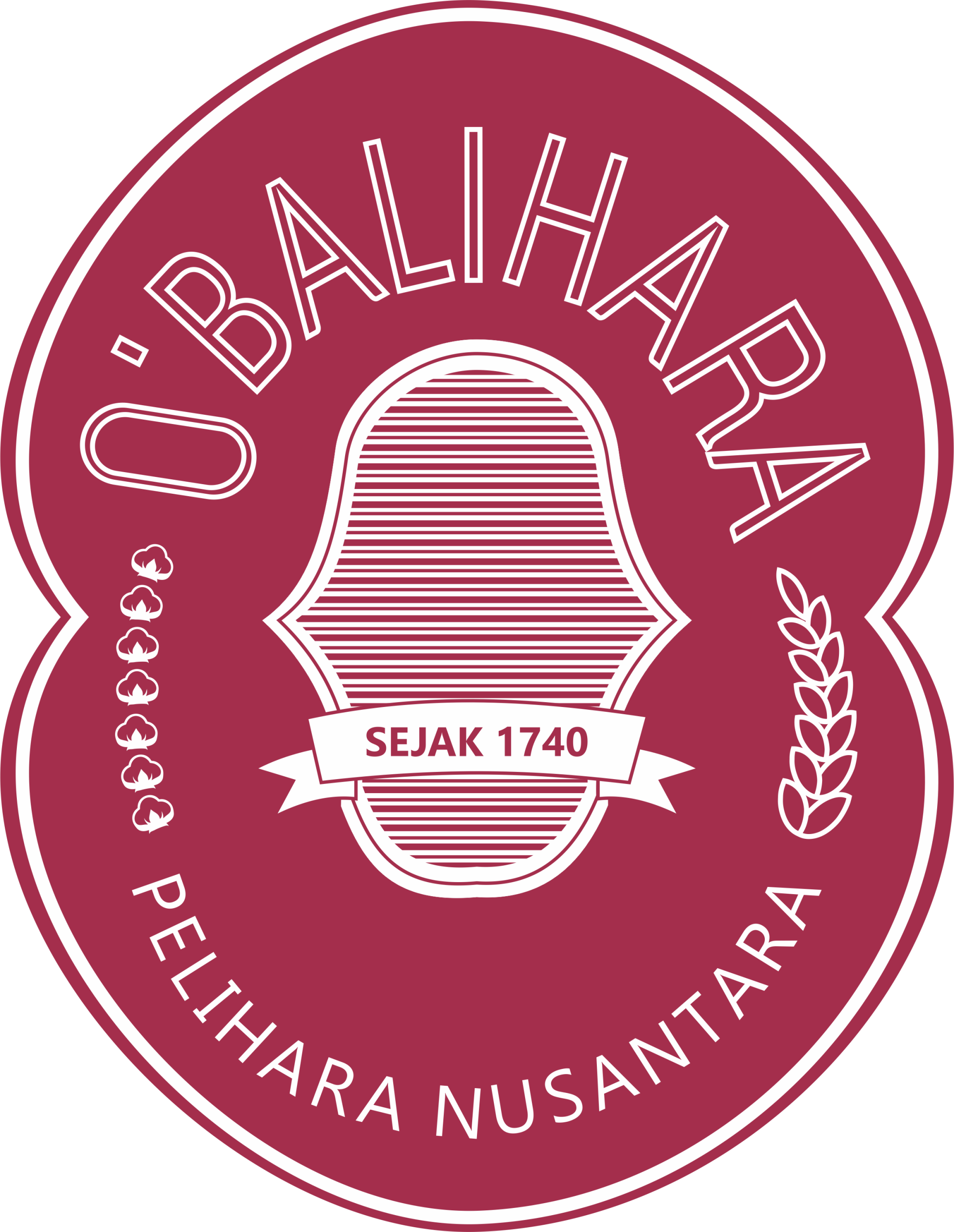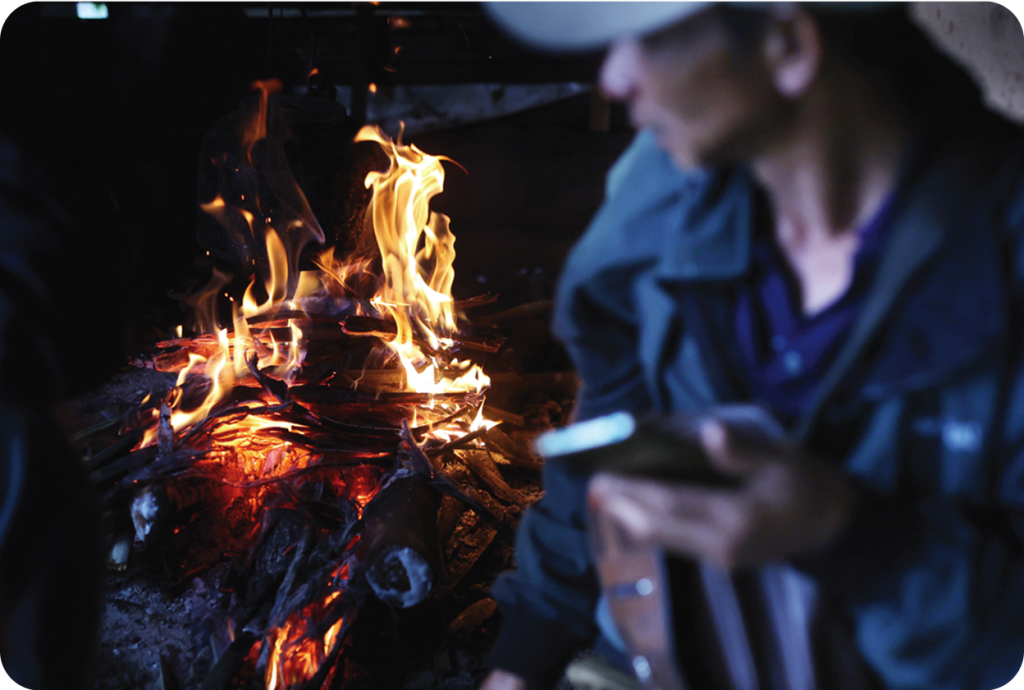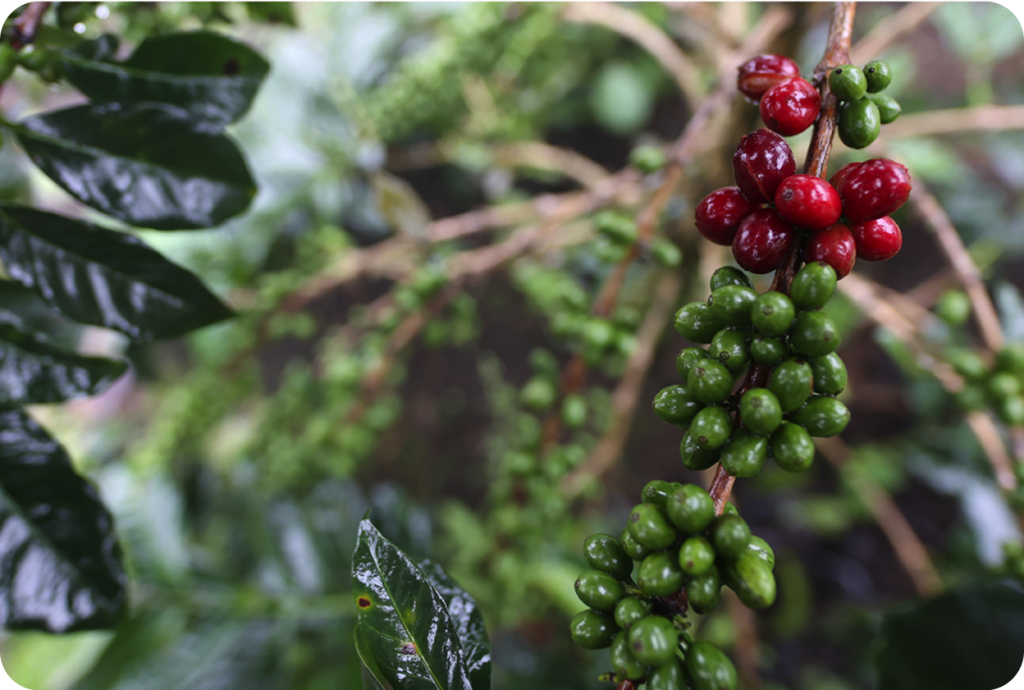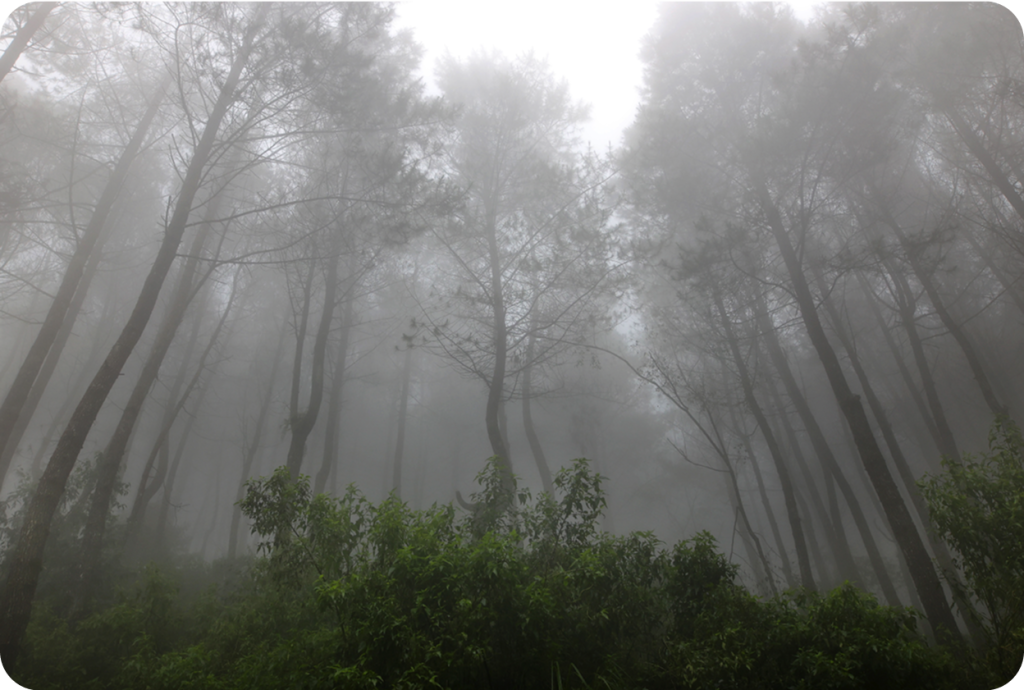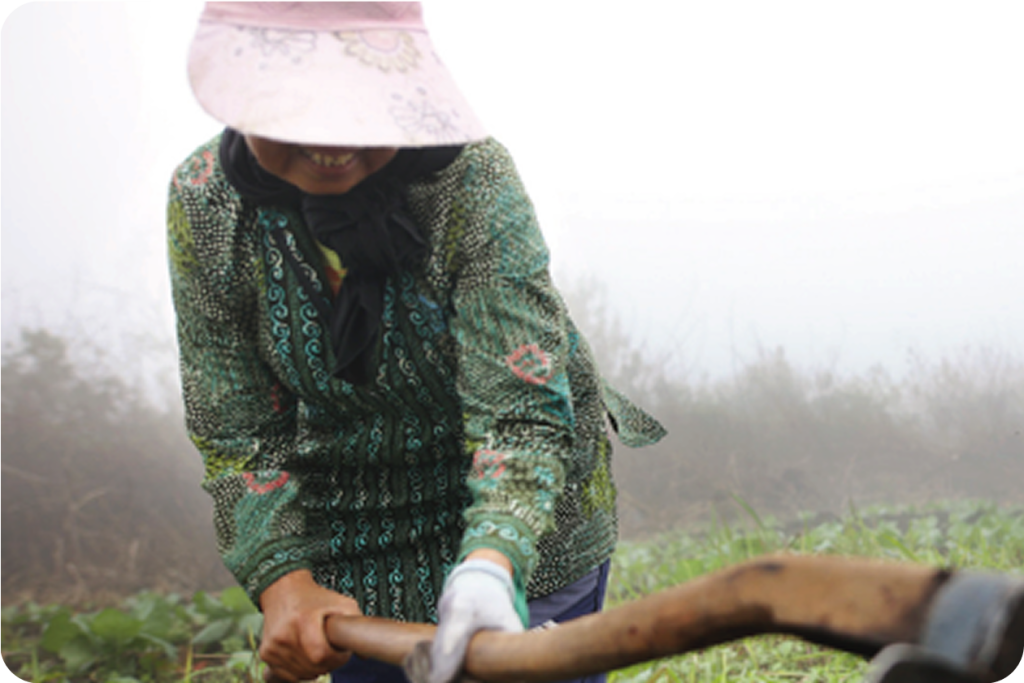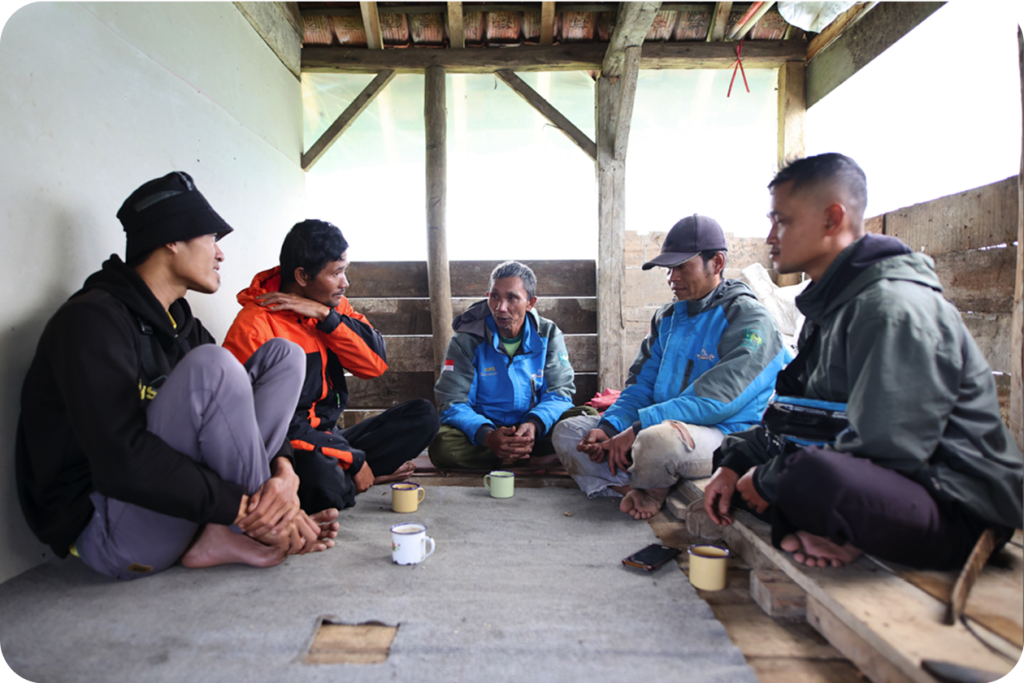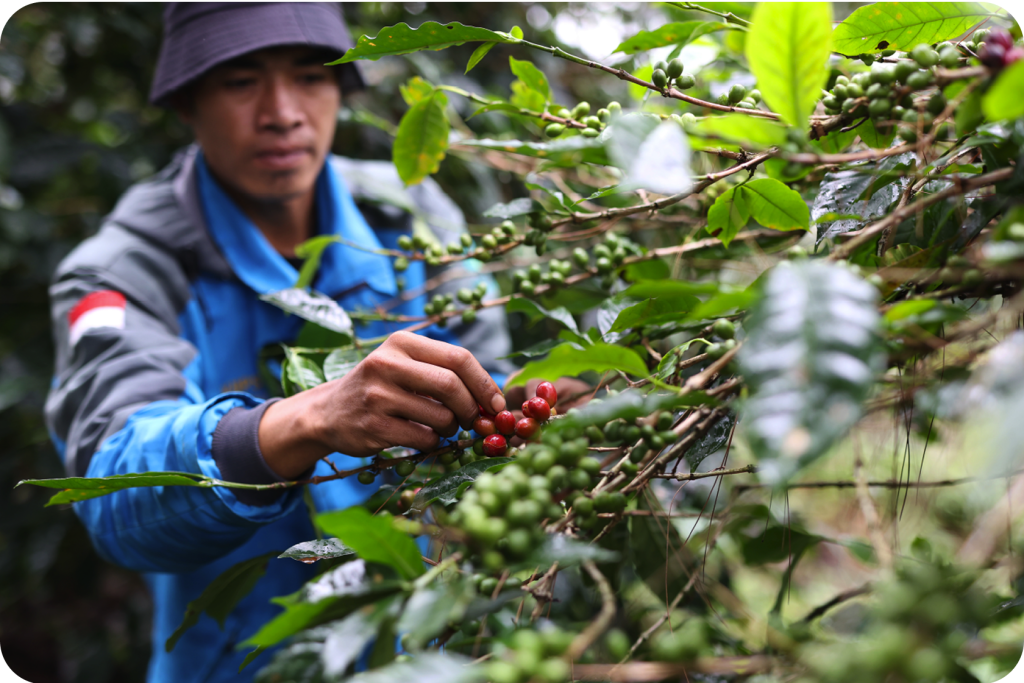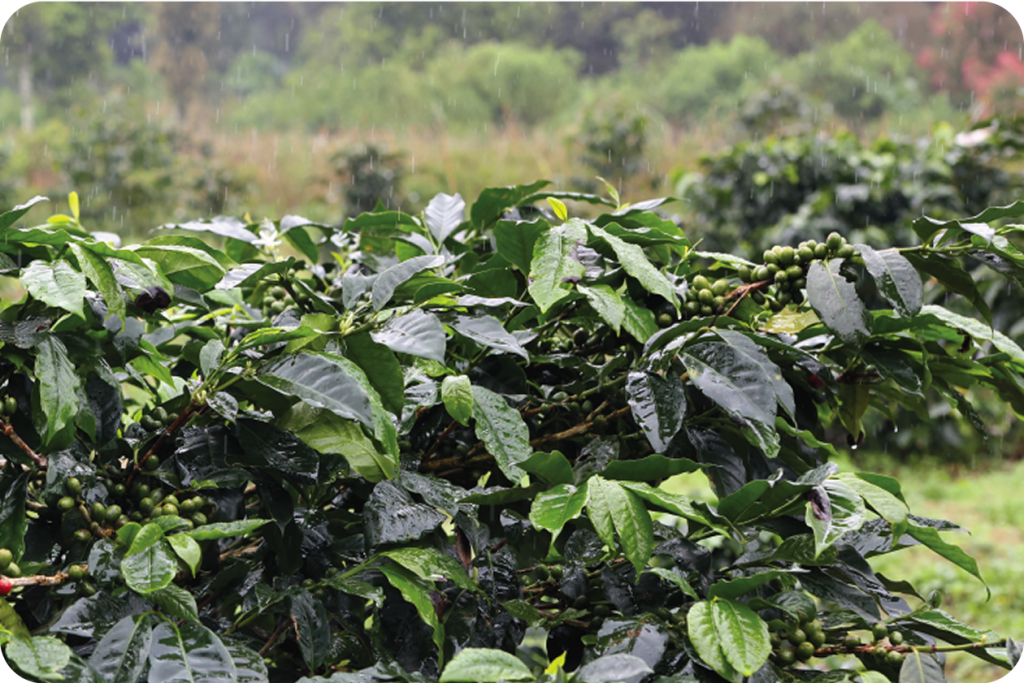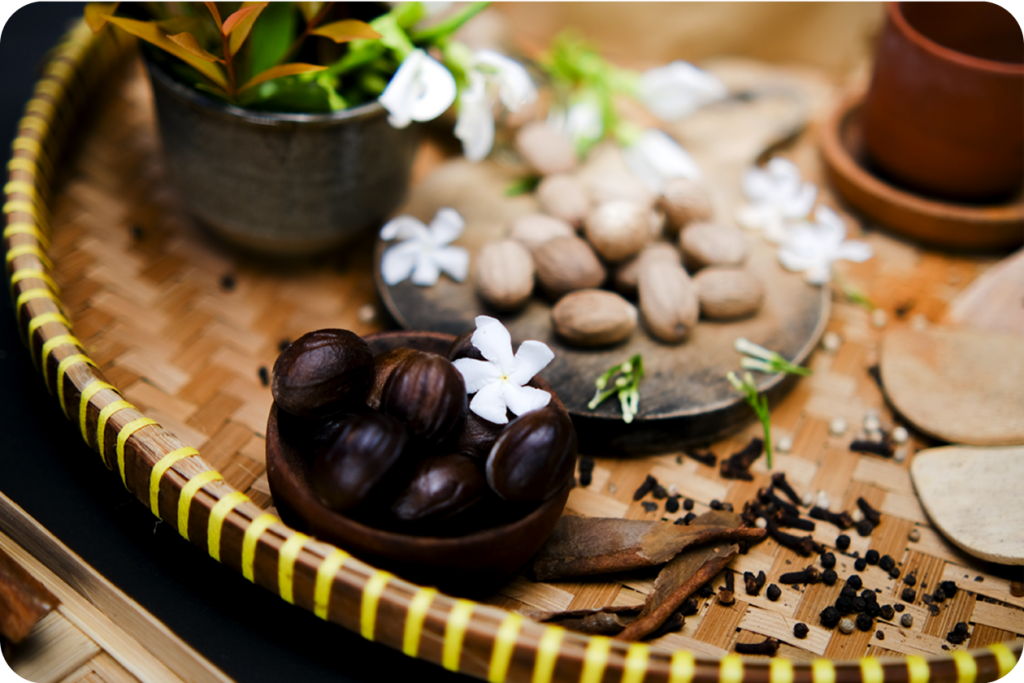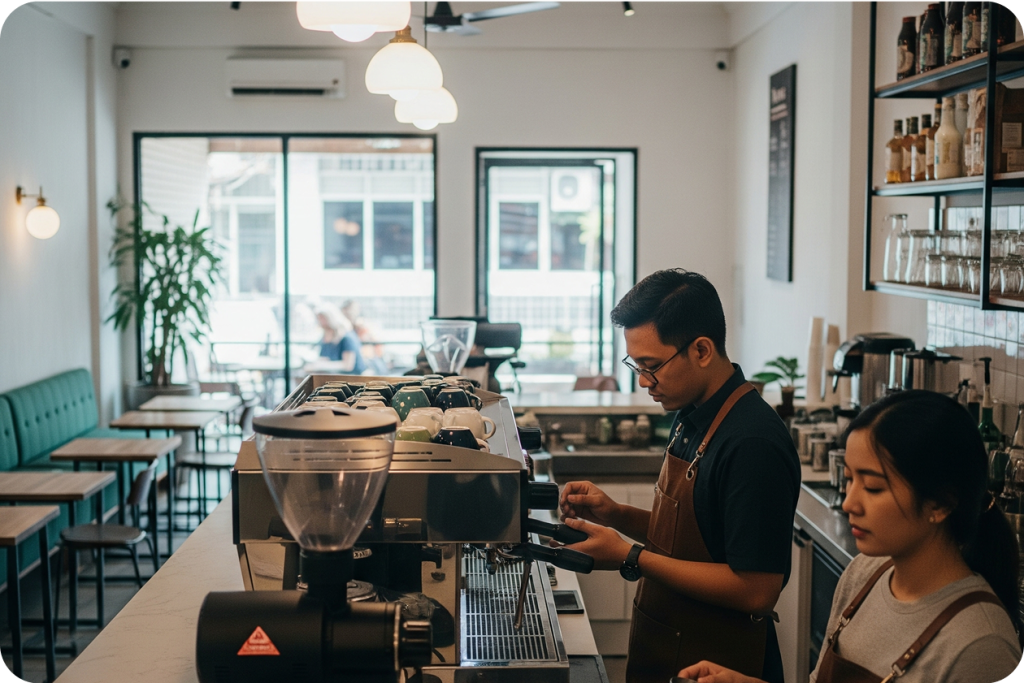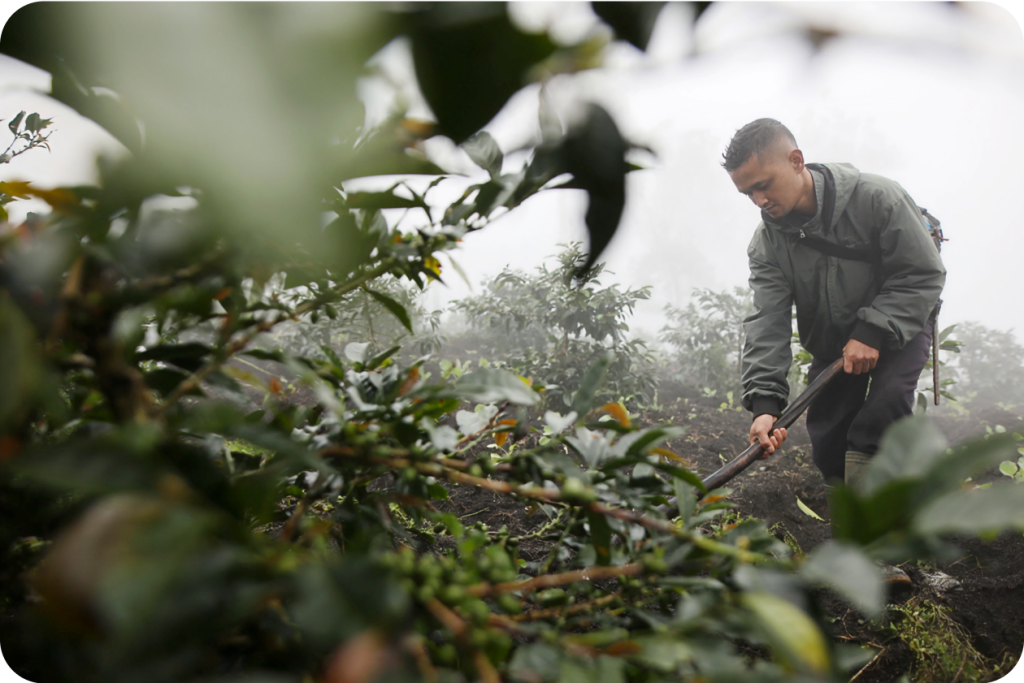In the cool highlands of Bantaeng Regency, South Sulawesi, a quiet revolution is brewing — and it smells like freshly roasted Arabica coffee. But this isn’t just about a beloved morning drink. It’s a story of how Wilayah Kelola Rakyat (WKR) empowers communities to protect forests, preserve culture, and secure livelihoods for generations to come.
In the cool highlands of Bantaeng Regency, South Sulawesi, a quiet revolution is brewing — and it smells like freshly roasted Arabica coffee. But this isn’t just about a beloved morning drink. It’s a story of how Wilayah Kelola Rakyat (WKR) empowers communities to protect forests, preserve culture, and secure livelihoods for generations to come. Here, every coffee bean tells a story — of resilience, tradition, and a deep respect for the land.
The hills of Bantaeng are not only home to coffee trees but also to a way of life that has survived for centuries. Families here depend on the forest not just for income but for clean water, fertile soil, and cultural identity. In a world where agricultural expansion often means environmental destruction, the people of Labbo Village are proving there is another way — one where nature and economy grow side by side.
From Conflict to Collaboration
Not long ago, the forests of Labbo Village were under constant threat. Corporate concessions and monoculture farming were stripping away biodiversity, drying up water sources, and erasing local traditions. For years, farmers planted quick-yield crops like corn, hoping to harvest before forestry patrols arrived — a survival strategy born out of fear and uncertainty.
Through the Social Forestry scheme, everything changed. The community secured official recognition of their right to manage 342 hectares of forest under the WKR model. This legal protection gave them the confidence to invest in long-term, sustainable crops like coffee and to plan for a future where their children could inherit both healthy forests and stable livelihoods. The shift from conflict to collaboration has not only transformed the local economy but has also rebuilt trust between people and their environment.
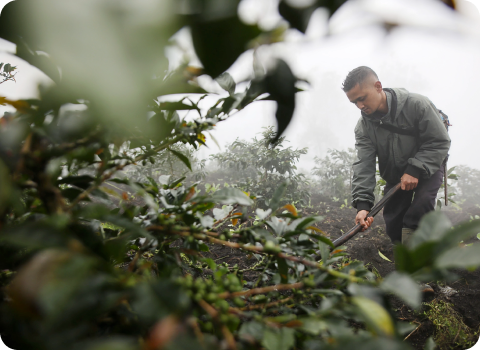
The Coffee That Restores the Land
Bantaeng coffee isn’t just grown — it’s crafted with intention. Farmers here use agroforestry methods that integrate coffee plants with shade trees, ginger, and porang. This polyculture approach mimics the natural forest structure, allowing crops and trees to support each other. Shade trees keep the soil moist, their fallen leaves become natural fertilizer, and their roots hold the hillsides together, preventing erosion.
This farming system creates a home for wildlife like tarsiers and cuscus, bringing back biodiversity that had nearly disappeared. Every step in the coffee process — from handpicking only the ripest cherries to drying them on raised beds — follows strict quality standards. These methods don’t just produce exceptional coffee; they heal the land, restore ecosystem services, and build climate resilience for the community.
Beyond the Cup: A Community Movement
Through the AKAR TANI Cooperative, farmers have moved beyond selling raw beans to creating value-added products like roasted coffee, aromatherapy oils, soaps, and even skincare items made from coffee grounds. This diversification means more income stays within the village, reducing dependency on middlemen and outside markets.
The cooperative also serves as a hub for knowledge sharing. Farmers receive training on specialty coffee production, sustainable land management, and fair trade practices. The pride of seeing their own “Bantaeng Coffee” label on store shelves has sparked a renewed sense of ownership and purpose. This is more than an agricultural project — it’s a community movement that blends entrepreneurship with environmental stewardship.
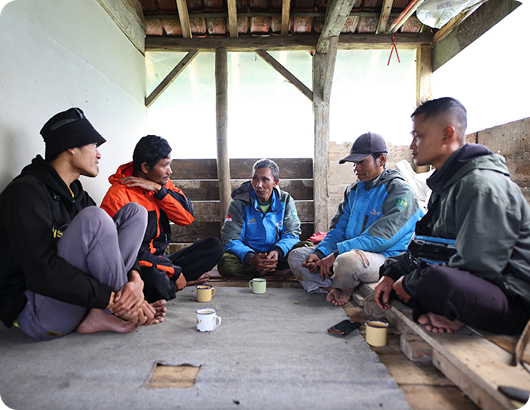
Why It Matters
This story is a powerful example of how WKR principles work in real life:
- Ownership: The community has secure rights over their ancestral land, ensuring no one can take it away.
- Management System: Agroforestry blends traditional wisdom with modern techniques to protect the ecosystem.
- Production System: Local needs drive low-emission, sustainable farming that preserves biodiversity.
- Consumption System: Products are consumed locally first and traded fairly to outside markets.
Bantaeng’s success proves that smart communities that value environmental sustainability can produce world-class products through balanced interactions between humans and nature. It also shows that protecting the environment is not a sacrifice but a foundation for lasting prosperity.
How You Can Support
You can be part of this story by choosing products that respect both people and the planet. Buy Bantaeng coffee and other local products from WKR communities. Share their stories with your friends, support policies that strengthen community land rights, and encourage businesses to invest in sustainable supply chains.
When you sip a cup of Bantaeng Coffee, you’re not just tasting rich Arabica notes — you’re drinking in the hope, effort, and vision of a community that chose harmony over exploitation.
